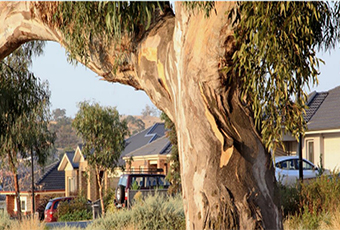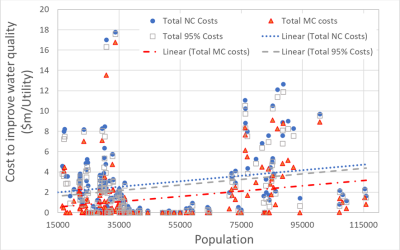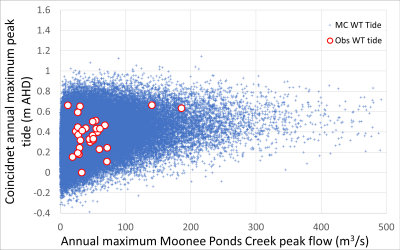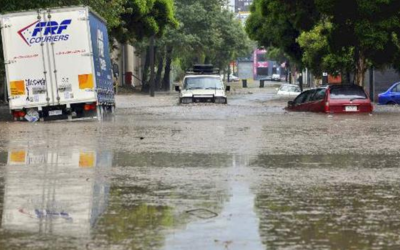 The Future of Australian Housing Design
The Future of Australian Housing Design
Responding to population growth and climate change
Dr Peter Coombes is speaking about the economic advantages of decentralised water and stormwater management at the Rainwater Harvesting breakfast at 7:30 am on Wednesday 27 February 2019 at the Parramatta Novotel.
Tone Wheeler, Principal of Environa Architects will discuss how architects are, and believe we should be, responding to these challenges.
Lord Mayor Andrew Wilson will speak about the Parramatta Environmental Sustainability Strategy 2017
The Challenge
Australian cities face escalating challenges of population growth, economic development, decline of ecosystems and climate change. Western Sydney is experiencing these challenges, especially:
- Increased temperatures due to urban heat island effects. The health impact of this change alone is measured in billions of dollars,
- Green space in our cities is declining, reducing urban amenity and creating a host of health and environmental costs, and
- Increased hard surfaces, larger cities and more intensive rain events are creating higher flood risks and increased urban infrastructure costs.
The Questions
How should our housing design and regulation respond to these challenges? What is the leading research on these issues? What is our government doing to respond to these urgent issues? How is architecture and design coping with these challenges and what are the recommendations for the future?
The Discussion
We are interested in these problems because we see the urban environment as part of a connected system needing solutions that work in an integrated way. Rainwater harvesting reduces water demands, provides more urban water for greening, reduces urban temperatures and improves stormwater runoff regimes in an economically efficient manner.
Sydney has successfully managed its water supply over the last two decades, also relying on rainwater harvesting and water efficient appliances to supplement utility water supplies. Sydney is unique in Australia with this approach which is implemented through the BASIX program with performance targets for both water and energy an all new buildings since 2004. Is there an opportunity for a new and revised BASIX to respond to some of these challenges?






